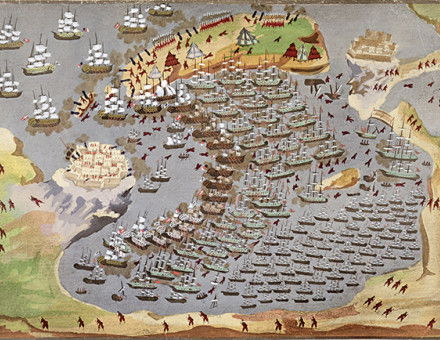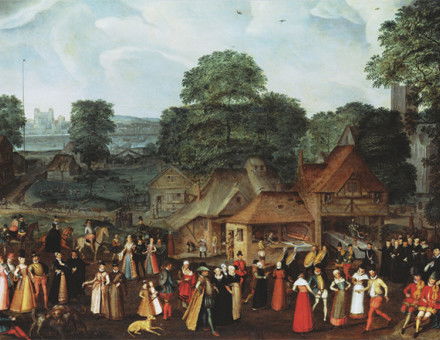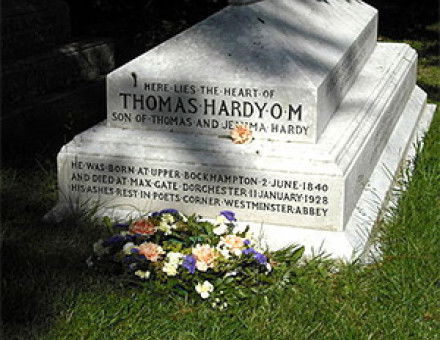‘In Greece, and for Greece’
Lord Byron’s death there in April 1824 created an enduring legend. But the real story of the poet’s mission to help Greece in its revolution against Ottoman Turkish rule is one of hard-headed politics, which goes straight to the heart of the country’s present-day crisis, says Roderick Beaton.








